The future of Google Pixel cameras: from AI to resolution and beyond
Google's Pixel camera product manager talks Pixel phones past, present and hints at the future
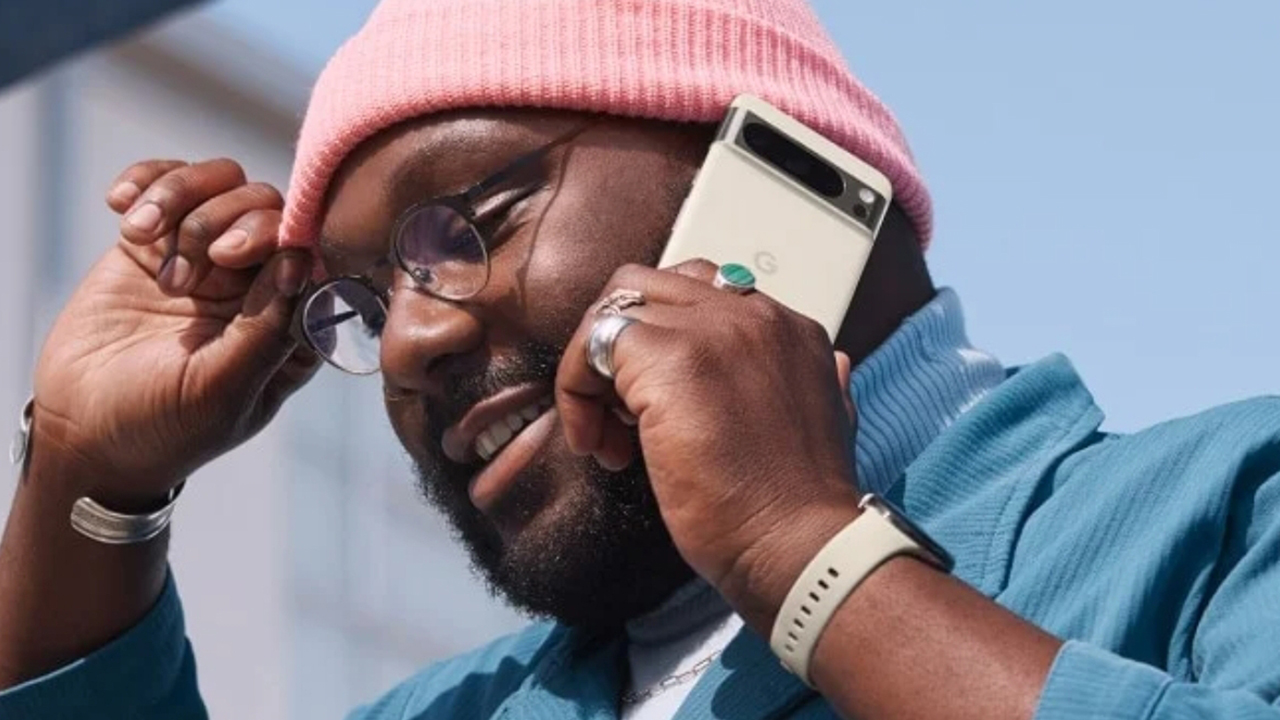
When it comes to the best phones, Google has risen through the ranks over recent years. Indeed, the Pixel 7 Pro was a T3 Awards-winning product, a favourite handset that, for me, was the pinnacle of the best Android phones in that given year.
Since then Google has continued to push the Pixel's agenda and feature set even further, with the release of the Pixel 8 and Pixel 8 Pro.
So when Google asked if T3 would like a sit down with the company's Pixel camera product manager, Michael Specht, it was a resounding "yes" to discuss the past, present and future of Pixel – from artificial intelligence (AI), to the resolution race, video processing in the cloud, and the camera-phone's relationship in replacing traditional cameras.
Here's a glimpse of what to expect from future Pixel phones.
1. More AI
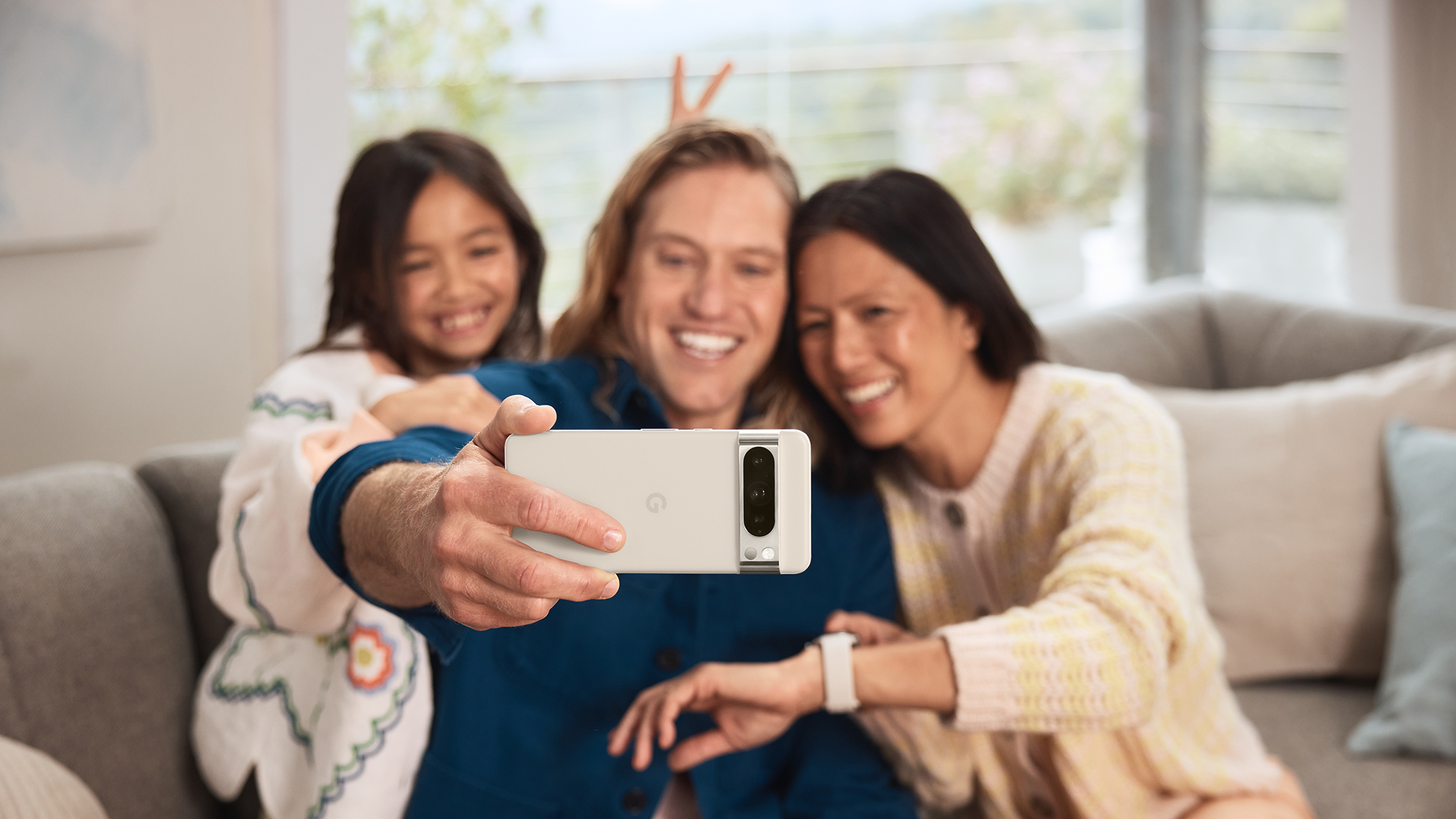
While the Google Pixel 9 is nothing but rumour right now, and Specht saying he "can’t comment on what’s next specifically for Pixel and Pixel camera," there is a clear drive towards more AI, more of the time.
"Pixel’s AI camera and computational photography pipeline is one of the biggest mobile computing breakthroughs of the last decade. And it’s moving the entire industry forward," the product manager explained.
"AI drives the capture experience, the image and video quality, and post-capture editing experiences.
Get all the latest news, reviews, deals and buying guides on gorgeous tech, home and active products from the T3 experts
"What really sets Pixel apart [from the competition] are these experiences you get in addition [referring to Magic Editor and Magic Eraser]. Instead of sitting in front of the computer for hours on editing software, you can now make incredible edits on your Pixel in just a few quick taps and swipes.
"If you look back at the Pixel 3, Pixel 4, when we [Google] launched Night Sight and Astro, we sunk a lot of effort into those extreme low-light cases that felt nearly impossible for a mobile camera [back then]."
Now such shooting modes almost feel the norm for many of us, a sort of expectation that even just a handful of years ago wasn't plausible. And with AI in the driving seat, my thought is that we'll see more intelligent automation of which modes kick-in and when, and how a Pixel will elect to process – both on-device and in the cloud.
2. More features
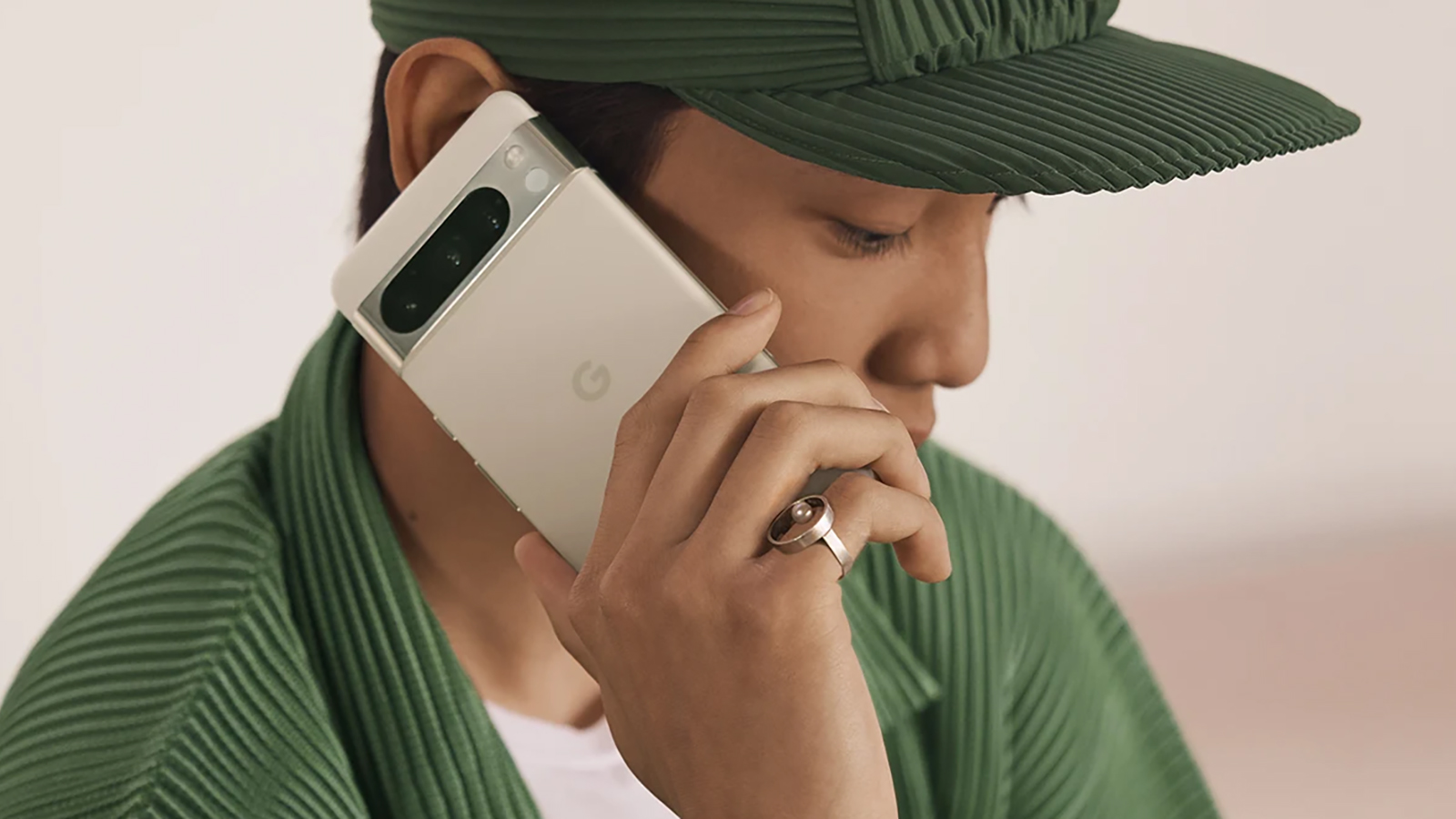
With the Pixel 8 Pro, one of the big new features was bringing much of the still imagery advances to video. Video Boost promises "higher quality and with better lighting, colours, and details". But this kind of feature is so process intensive that, right now, it's performed off the device.
"Most of the processing happens on device with [Google's] Tensor G3 chip," said Specht.
"The exception to that is Video Boost and Magic Editor.
"One minute of Video Boost at 30fps is 1,800 frames. To run all that through the computational imaging pipeline it makes sense to leverage our cloud compute centres and do parallel processing to then deliver something back quickly to you as the customer.
"There are very few things that are done in the cloud right now, but it’s a space that obviously we’re exploring as we launch features that leverage our data centres and much larger models to produce stunning results."
So, will that mean more cloud-based features in future Pixel devices?
"What I can say is we’re always looking at the latest and greatest technology to figure out what the right balance is and where to place that processing and pipeline to give the user the best experience and the best quality."
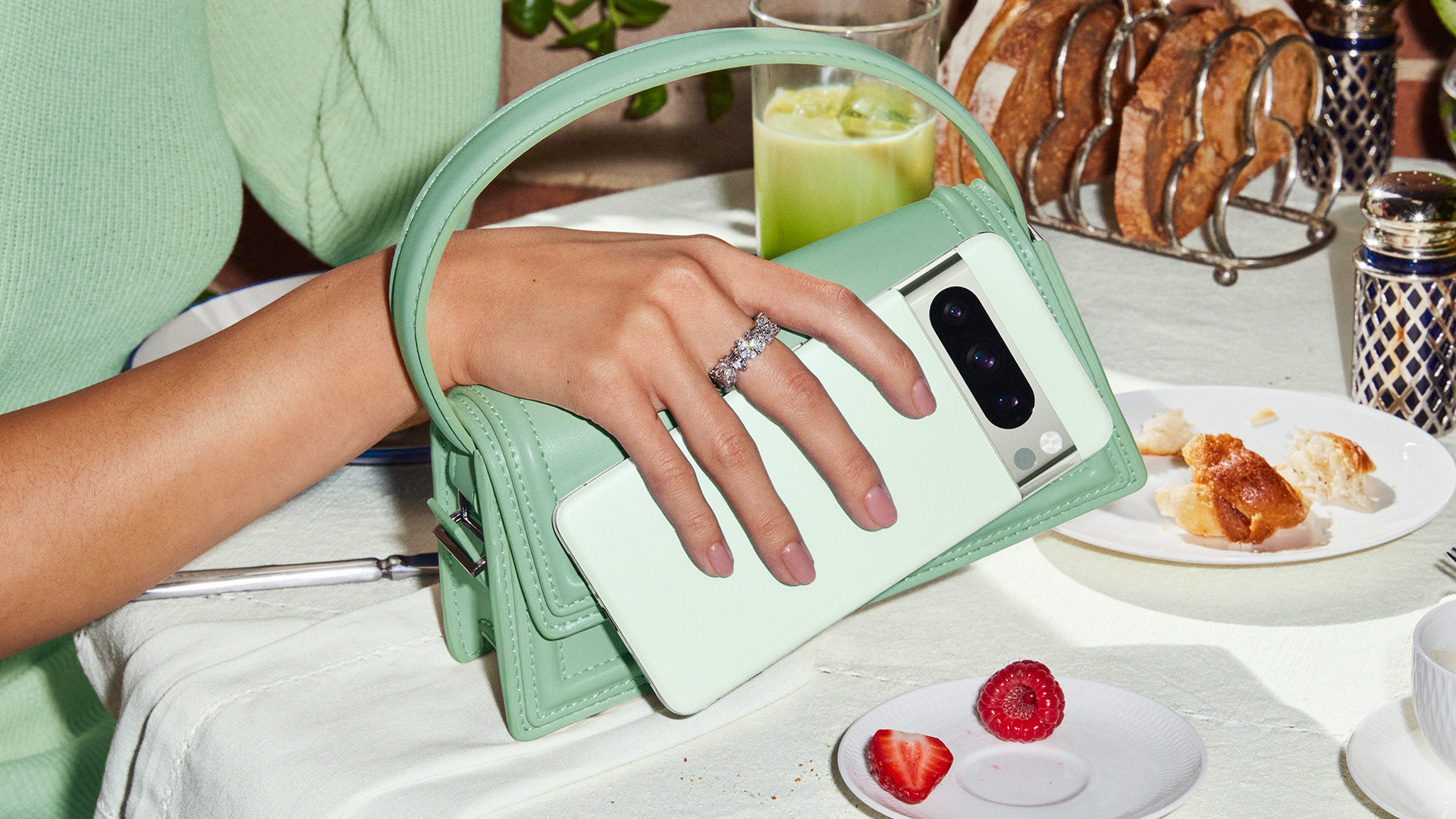
Speaking of quality, I asked if "the megapixel race" has had its day and that, with AI being so advanced with the potential of upscaling, whether we no longer need masses of resolution in our phones.
"I think resolution can be one part of the equation, but given that we have a form-factor that has to fit into your pocket, we’re still constrained by size," he replied.
"So if you were to shove – and I'll just let’s use round numbers here – 1,000-megapixels into your phone. In order to fit into that same space you have to make those pixels extremely small. So you give up low-light performance and quality for resolution.
"I think some of what’s happening in the industry is trying to figure out what the balance is between providing something that’s high-resolution but also something that performs. That’s a balancing game that, as technology advances and research and hardware advances, you’ll continue to see fluctuations around the space."
Arguably an equivocal answer, then, but I can't foresee a future where Google races into piling on the resolution when, in some cases, images and video will be cloud-processed, and where adding more resolution only adds more compute, more time and, ultimately, more cost.
4. Convenience
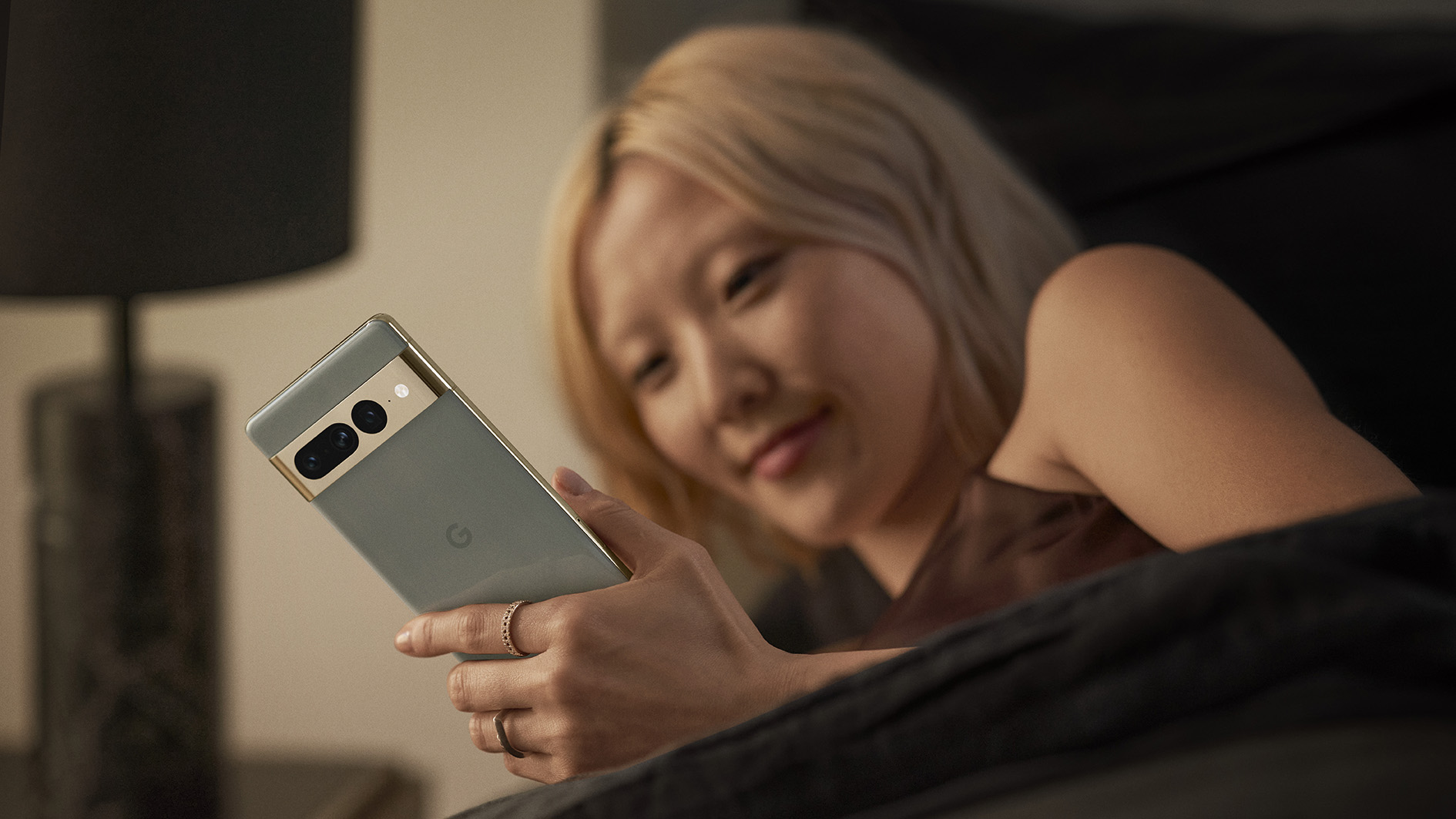
One thing that's clear is that convenience is key. Specht, once a professional photographer and still an avid camera collector, continues to enjoy all walks of photography, old and new.
"I collect cameras, right? So I have medium format film, digital SLRs, point-and-shoots, you name it. I shoot a lot of film still, because I like the tactile experience of taking photographs and thinking about slowing down [my picture-taking process].
"But, I think about what scenarios I reach for my Pixel versus what scenarios I reach for my, say, mirrorless camera, for example. And I think there are things that the Pixel can do better than a ‘classic camera’."
Specht talked us through Best Take, a feature whereby you can composite faces from a group shot to obtain the best (or worst, or silliest) final result. He also detailed Real Tone and how Google is working hard "to bring this technology across all aspects of Pixel camera, even to video [in Pixel 8 and 8 Pro].
"Digital made cameras more accessible. And now that mobile imaging has advanced so much, we’re seeing dedicated cameras becoming less common for people to go out and purchase."
And he's right. The saying "the best camera is the one you have with you" echoes especially true when it's in your pocket. The mobile phone form-factor has transformed photography. And computational photography continues to transform the medium.
Not that Google is done yet.
"Pixel is looking to continue to lead in AI with large investment across Google, Pixel and the whole Pixel portfolio," concluded Specht.
So as the push towards more AI-driven features and more intensive cloud processing continues, what Google will have in store for us next will surely, hopefully be particularly eye-opening.
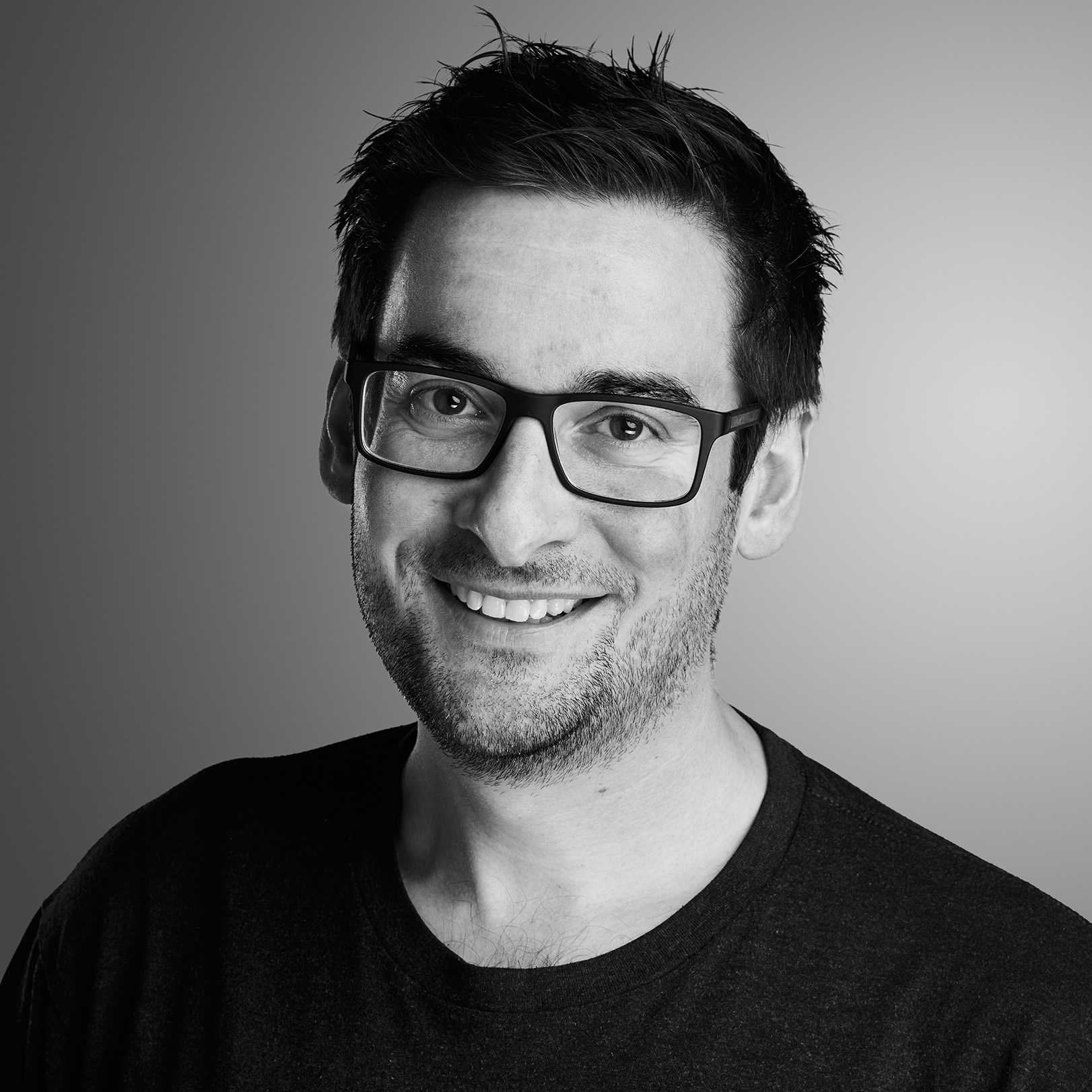
Mike is T3's Tech Editor. He's been writing about consumer technology for 15 years and his beat covers phones – of which he's seen hundreds of handsets over the years – laptops, gaming, TV & audio, and more. There's little consumer tech he's not had a hand at trying, and with extensive commissioning and editing experience, he knows the industry inside out. As the former Reviews Editor at Pocket-lint for 10 years where he furthered his knowledge and expertise, whilst writing about literally thousands of products, he's also provided work for publications such as Wired, The Guardian, Metro, and more.
